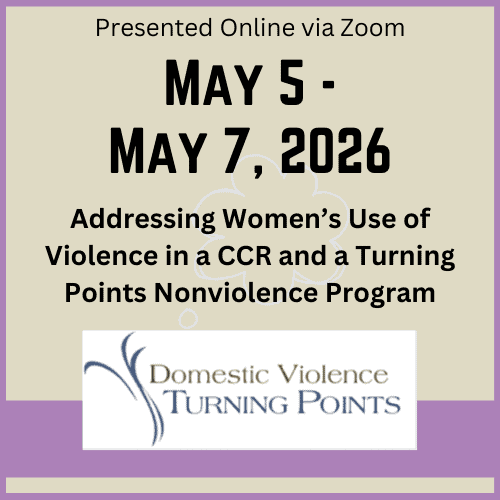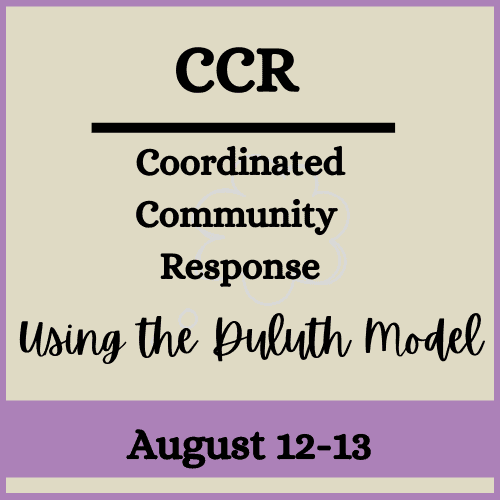What is the Duluth Model?
Since the early 1980s, Duluth—a small community in northern Minnesota— has been an innovator of ways to hold batterers accountable and keep victims safe.
The “Duluth Model” is an ever-evolving way of thinking about how a community works together to end domestic violence.
Wheels
Over several months, we convened focus groups of women who had been battered. We listened to heart-wrenching stories of violence, terror, and survival. After listening to these stories and asking questions, we documented the most common abusive behaviors or tactics that were used against these women. The tactics chosen for the wheel were those that were most universally experienced by battered women.
Duluth Family Parenting Time Center
DAIP’s Duluth Family Parenting Time Center (DFPTC) works to restore safety and repair harm in the lives of women and children after abuse. The DFPTC supervises visits and exchanges with the child and the parent responsible for the abuse. Our focus is building safe and positive relationships.
Hours
Office Hours:
Monday – Friday 9am – 4pm
Parenting Time Hours:
Hours of supervised parenting time and exchanges vary depending on the specific circumstances of each family and the available resources within the parenting time center staff each week. We try to accommodate families based upon their need for services.
Duluth Blueprint for Safety
On Thursday, January 29, 2015, the City of Duluth and six criminal justice agencies announced the adoption of a new collective domestic violence policy. The Blueprint for Safety strengthens the city’s Duluth Model coordinated community response to domestic violence cases.
“The Duluth Model”: Coordinated Community Response (CCR) wins prestigious international prize for best policy worldwide

Out of 25 international nominations, the “Duluth Model” was the only policy to be awarded the 2014 Future Policy Award for Ending Violence against Women and Girls or Gold Award. The Future Policy Award is the only international award which recognizes policies rather than people, and the “Duluth Model” is the first humanitarian policy to be honored in the history of the award.





